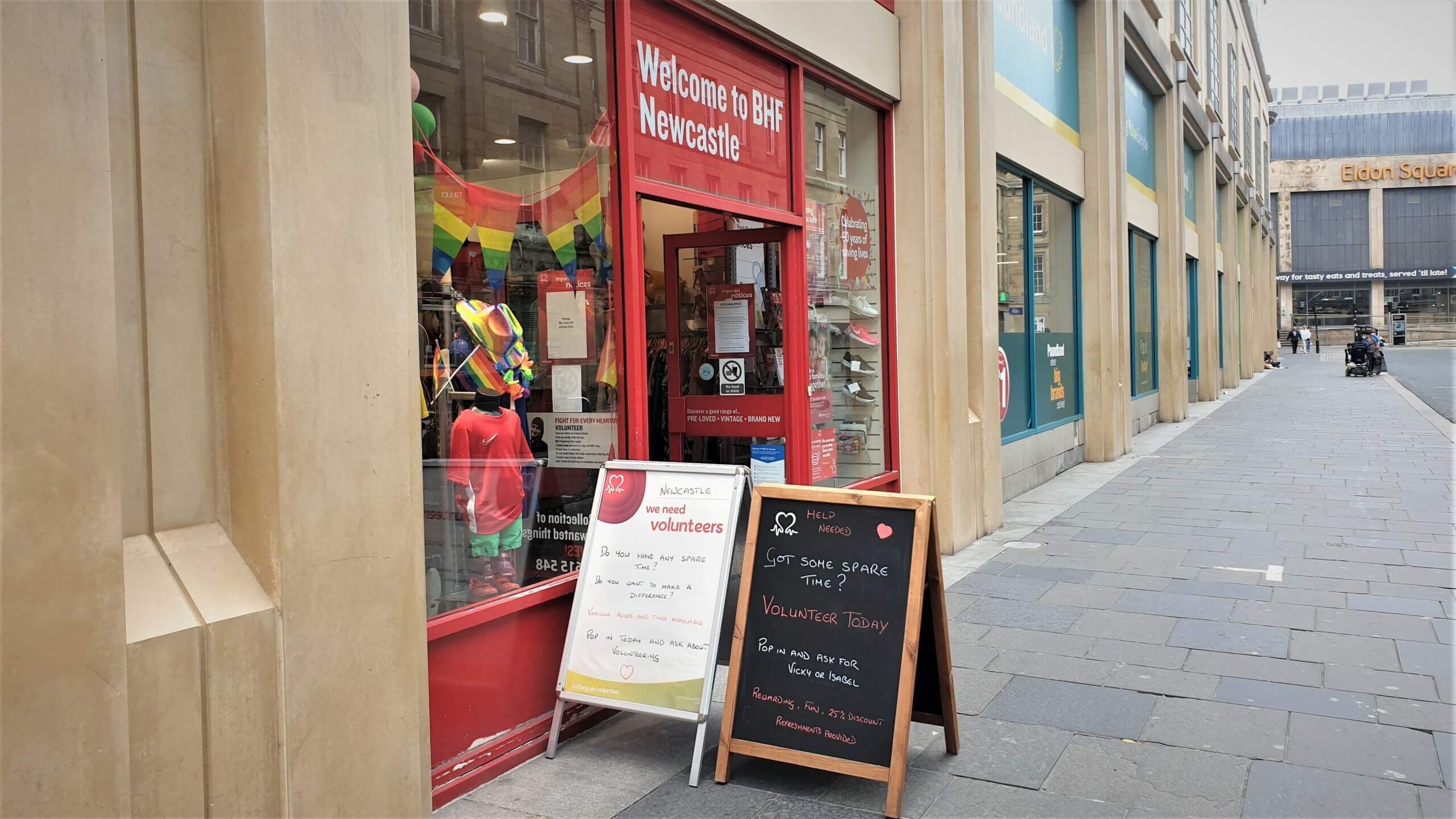By Laura Wilson, Amy Thompson and Shannon Kearns
The number of people aged 18 and under caught possessing cannabis by Northumbria Police has plummeted year-on-year, hinting to a relaxation of the forces’ drugs strategy.
According to an SRNews Freedom of Information request issued to Northumbria Police, the number of adolescents found possessing the Class B drug has fallen by over 80 per cent between the years 2011 and 2015.
And those caught in 2015 accounted for just 5.8 per cent of the total over the five-year period.
These findings spark debate about whether cannabis possession is ignored by the force to concentrate on more serious crimes.
Detective Chief Inspector Paul Knox of Northumbria Police’s Priority and Organised Crime Team (POCT), said: “Northumbria Police is committed to the relentless pursuit of those involved in organised crime.”
He believes the figures correspond to fewer cannabis farms being seized by police which means fewer young people are able to get hold of the drug.
“This decrease is welcome as we are aware that cannabis farms are often cultivated by organised crime groups and cause harm to those who use this drug.
“The large-scale cultivation of cannabis is closely linked to other organised criminal activity and we are not complacent and continue to target the people behind these farms as well as the so-called farmers.”
This strategy isn’t dissimilar to that of neighbouring force Durham, who will no longer proactively pursue small-scale cannabis users.
Ron Hogg, Durham Police and Crime Commissioner, said: “Police resources will be used to target and disrupt large scale producers and organised crime gangs that keep drugs on our streets and cause misery to thousands of people.
“Someone caught in possession of cannabis may be placed onto a scheme called Checkpoint, a diversion project. If they complete the contract they don’t receive a criminal record and so far results show that only 6 per cent of people reoffend.”
Mr Hogg is also open to discussion about the legalisation of the Class B drug for medicinal purposes.
“We need to optimise the benefits derived from drugs. There is a broad range of evidence that medicinal cannabis works for a range of conditions and it can’t be right that some vulnerable people across the UK are criminalised for using cannabis to treat their illnesses whilst others can legally access it in other countries.”
This information comes after Ireland legalised cannabis for medicinal purposes at the beginning of December which has resulted in fresh calls for the UK to follow suit.
In November a report issued by the Adam Smith Institute, a free-market think tank, led some MPs to call for its legalisation with representatives from all major parties in support including former deputy prime minister Nick Clegg and former health minister Norman Lamb.
Dave Anderson, MP for Blaydon, is one of those in favour. He said: “I support the controlled use of cannabis for medical use and would welcome a genuinely open debate on whether or not the law could be relaxed.”
Crucially, Northumbria Police do not claim that the figures obtained by the FOI request were due to cannabis use being less widespread.
Data published by the Home Office shows that in 2010 6.5 per cent of adults aged 16 to 59 used cannabis compared to 6.7 per cent in 2015.
This means that the Class B drug remains the most widely used illegal drug in the UK.
Harry Shapiro, director of the online drug information service DrugWise, said: “Police have never really prioritised arresting people for simple possession of cannabis and rightly so.
“There are far more serious crimes for the police to be dealing with; gun and knife crime, child sex abuse, human trafficking, cybercrime, the list goes on.
“And, in a time of austerity, policing drug possession is even less of a priority.”
Consequently, this austerity has led to budget cuts which may be a further explanation for the steep drop in possession offences as Northumbria Police have been forced to reorganise their workforce.
In the five years from March 2010 the Home Office published statistics showing the number of police officers had reduced by nearly 12 per cent throughout England and Wales.
The following man, who was caught possessing cannabis in 2011 aged 17, spoke anonymously due to the personal distress of identification.
“I do feel that the views surrounding cannabis or any drug is very different from when I was caught,” he said.
“I don’t see as many police officers hanging around streets looking for young people causing trouble which might be because they are stretched.
“People are more accepting that cannabis is widespread and in my view possessing this drug is a minor crime.”
However, many charities campaigning in the Northumbria area still argue that if the police fail to crack down on the possession of cannabis they are putting the future of youngsters at risk.
Matt Beer, a North East representative from children’s charity Barnado’s, said: “The consequences of cannabis range from non-attendance and poor attainment at school, poor health, committing crimes to support ‘habits’ and also increased risk of being a victim of violent crime and sexual exploitation.
“In addition to this, many children and young people who live with substance misusing parents and carers are suffering its ill effects. They are often at an increased risk of misusing alcohol and illegal drugs themselves.”
Therefore, although the figures indicate that Northumbria Police may be warming to Durham’s more relaxed cannabis policy, DCI Knox believes their focus on organised crime is key to stopping youngsters from getting hold of the drug which may then lead to other crimes.
“We know that cannabis cultivation and distribution wrecks lives and damages our communities,” he said.
“Some of the people who purchase these drugs are the ones who are responsible for the core crime in our communities to fund their addictions. They could commit burglaries, shoplifting or vehicle crime to pay for drugs.”



